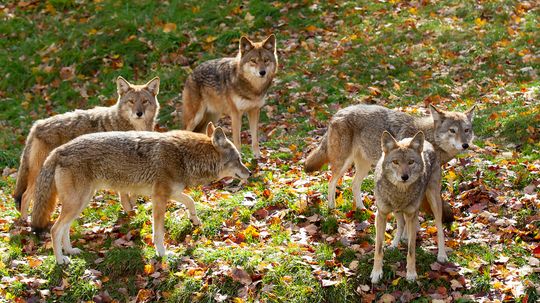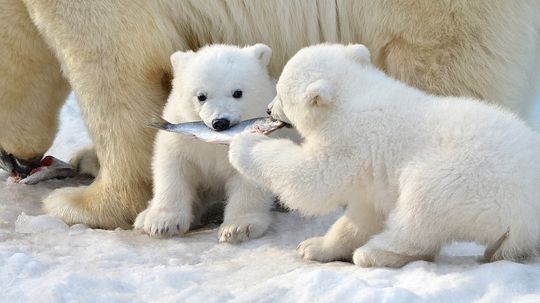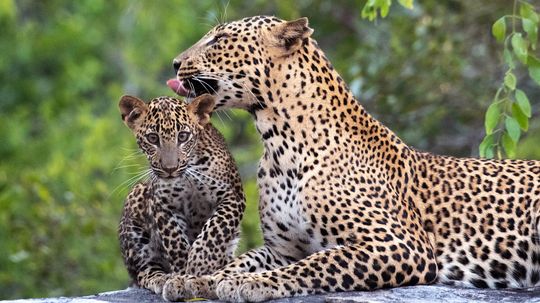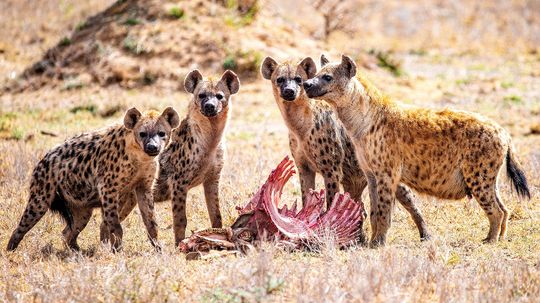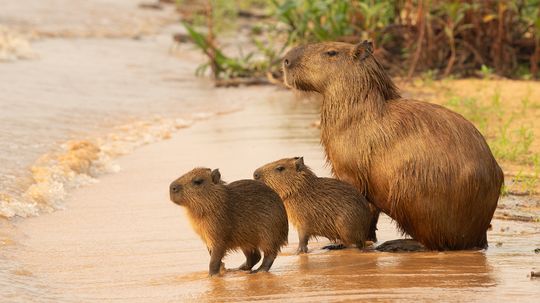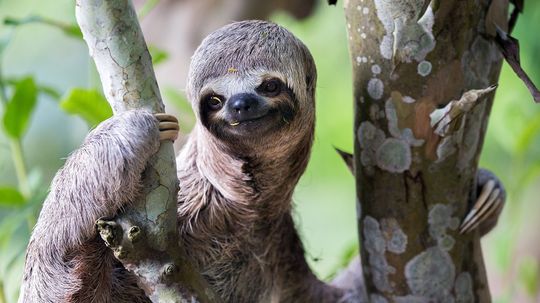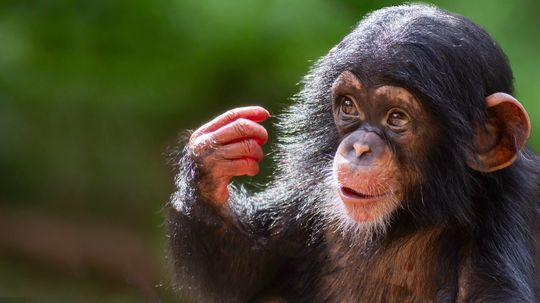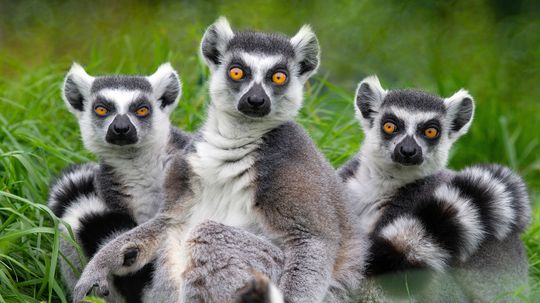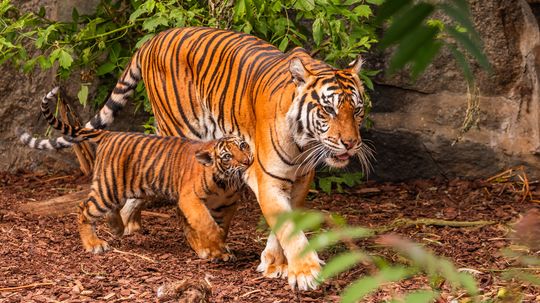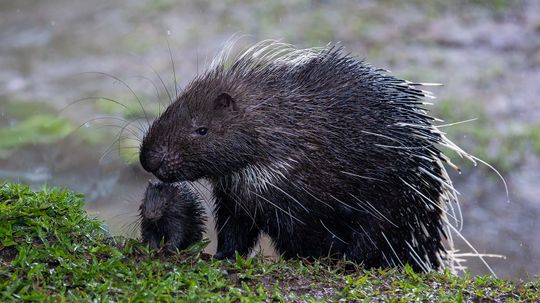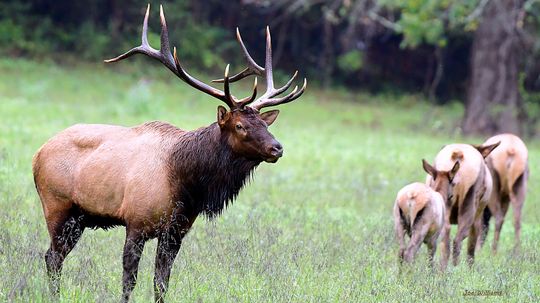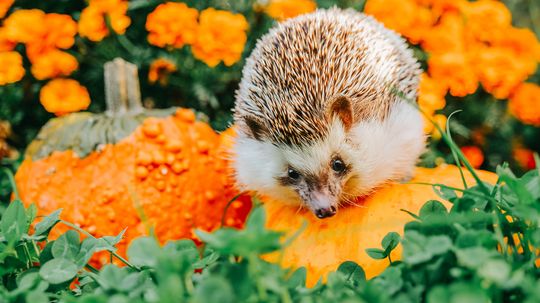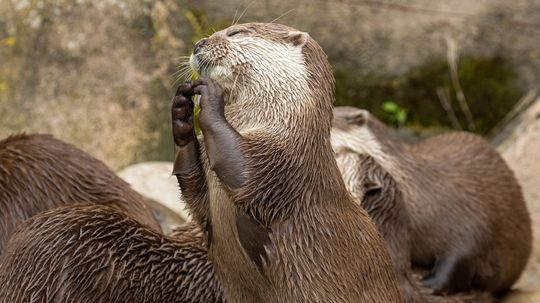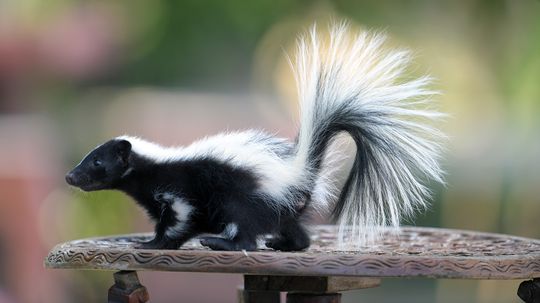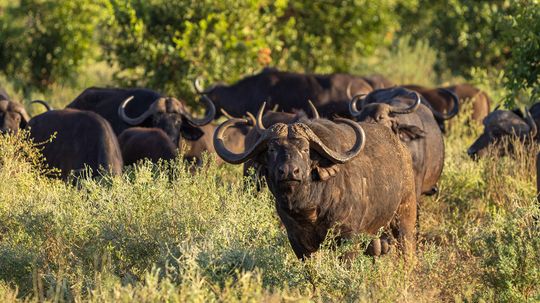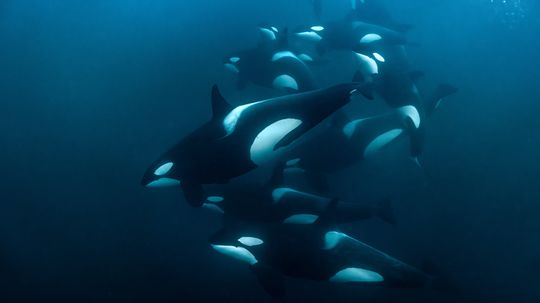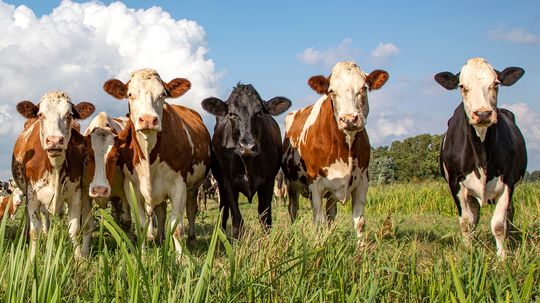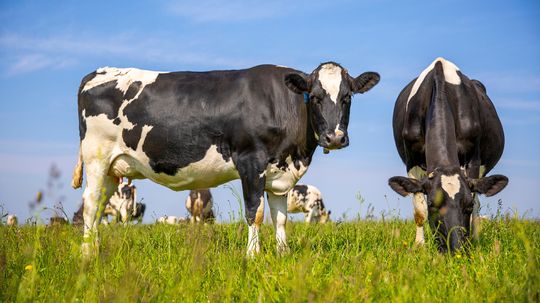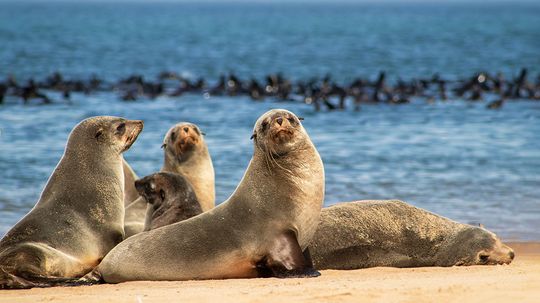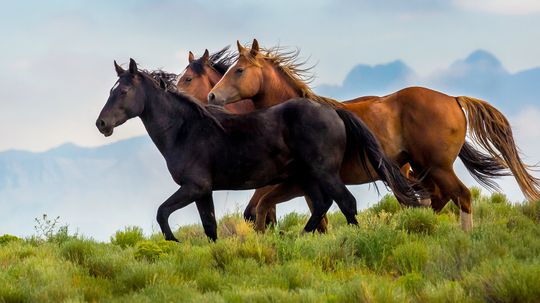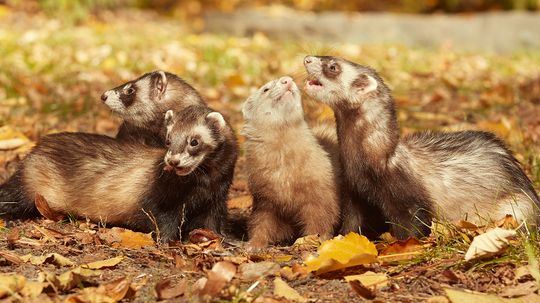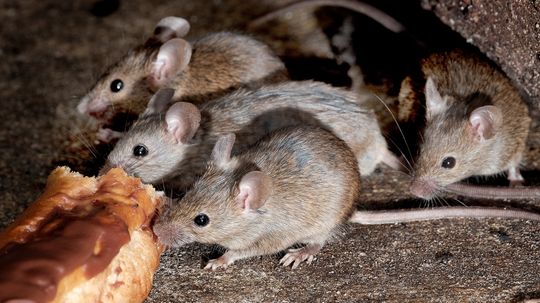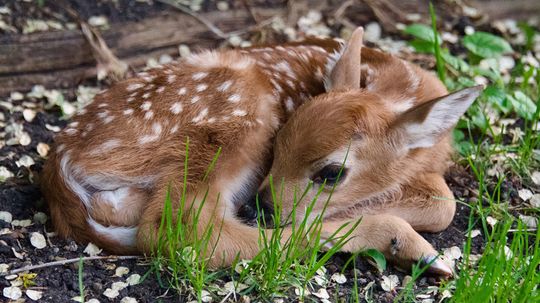Mammals
Scientifically-speaking there are 11 mammal groups, and most Mammals are warm-blooded, have body hair, give live birth and nurse their young with milk from mammary glands. Check out these articles about all kinds of mammals.
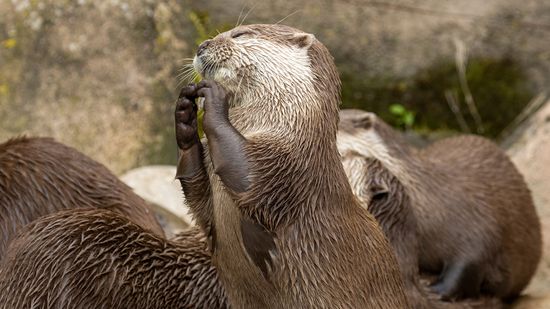
What Is a Group of Otters Called? The Official Terms Are Adorable
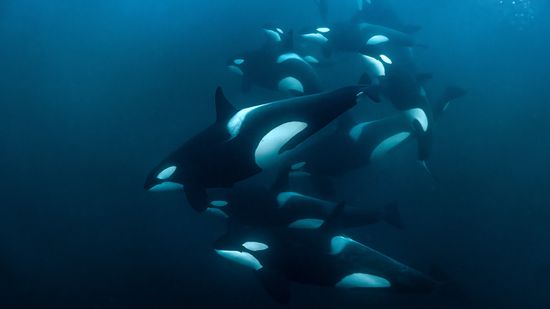
What Is a Group of Orcas Called? Not a School or a Squad But A...
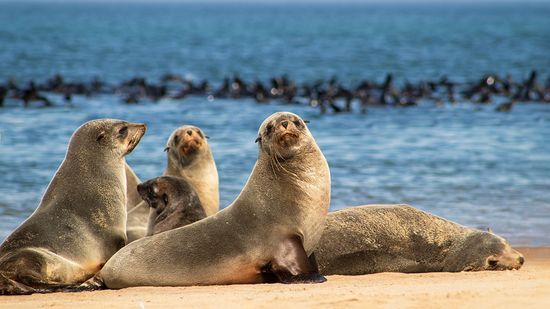
What Is a Group of Seals Called? Depends Where It Is
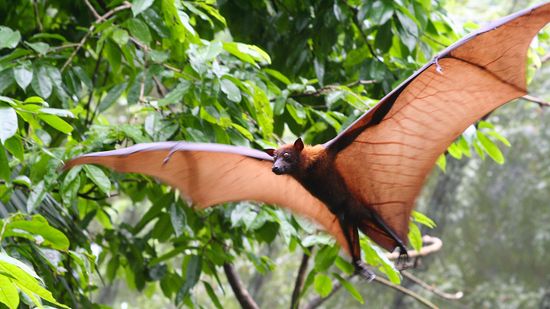
The Largest Bat in the World Has a Wingspan Over 5 Feet
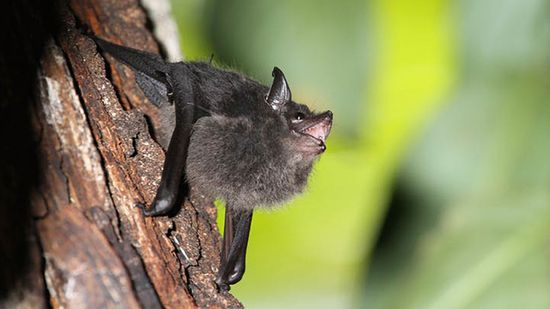
Baby Bats Babble With Moms, Hinting at Human Language Development
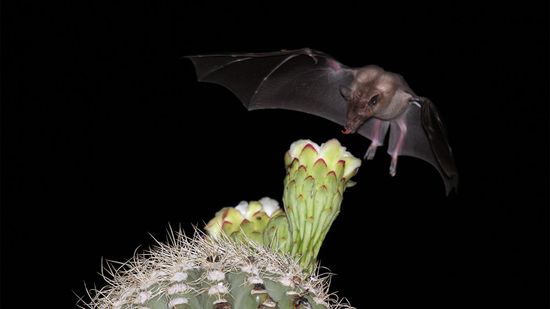
Fruit Bats Are the Best Pollinators (and Suppliers of Tequila)
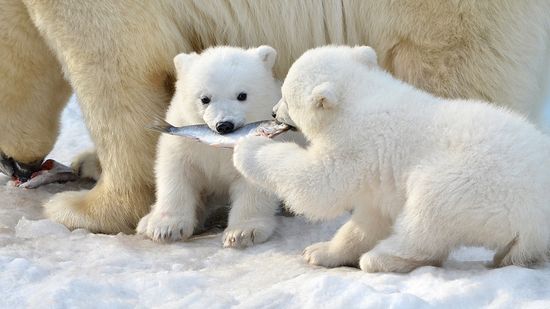
What Is a Group of Polar Bears Called? Sounds Sneaky
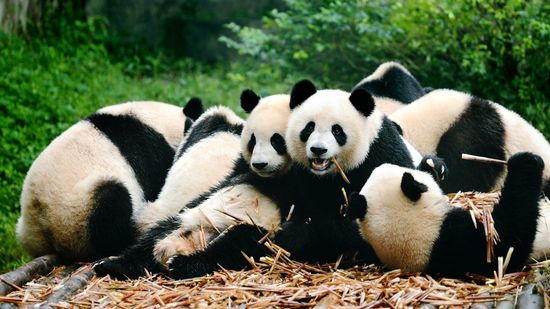
What Is a Group of Pandas Called? We're Blushing
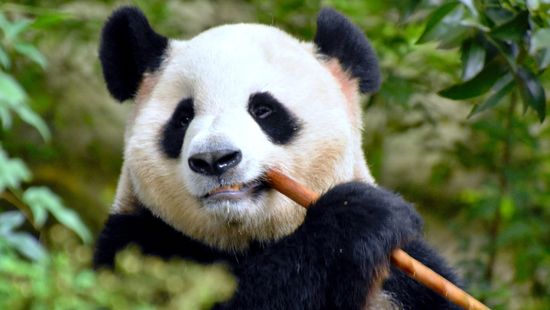
What Do Pandas Eat (Other Than Bamboo)?
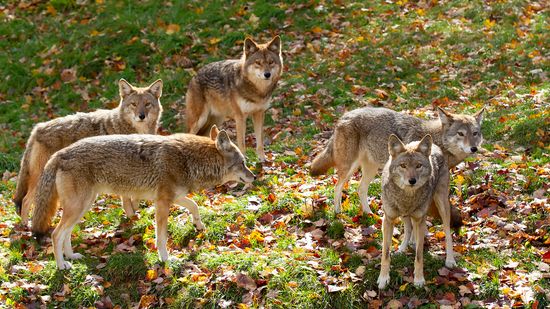
What Is a Group of Coyotes Called?
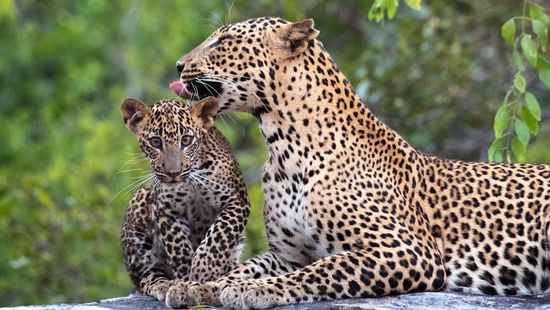
What Is a Group of Leopards Called? Hint: It's Related to Their Behavior
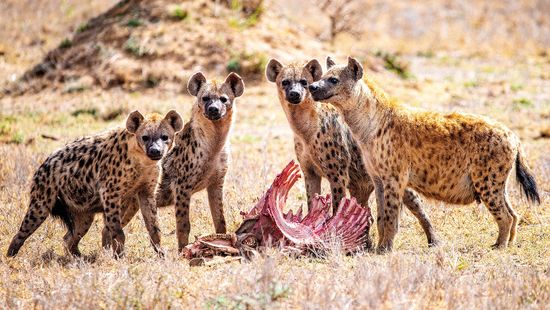
What Is a Group of Hyenas Called? Not a Pack or a Herd but a...
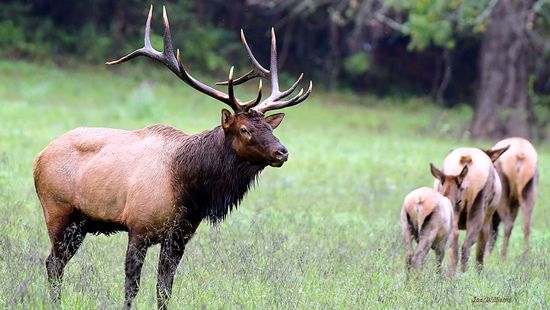
What Is a Group of Elk Called? Not Always a Gang
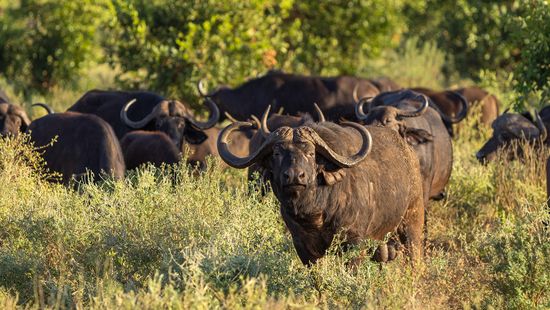
What Is a Group of Buffalo Called? Hint: It Also Applies to Bison
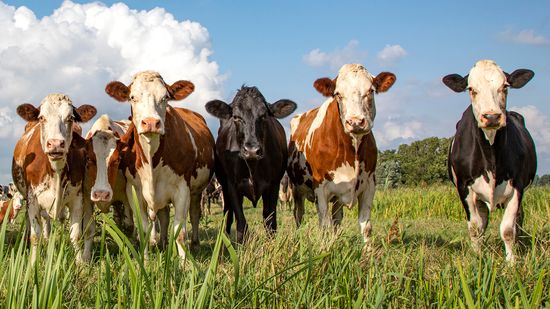
What Is a Group of Cows Called? Not Always a Herd
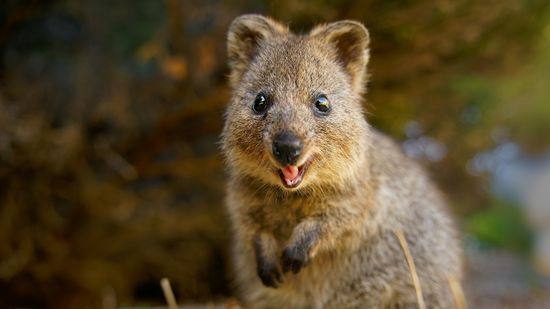
The Happiest Animal on Earth Is the Quokka
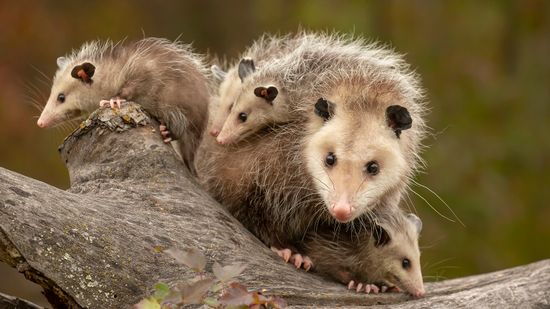
What Do Possums Eat? Most Things, It Turns Out
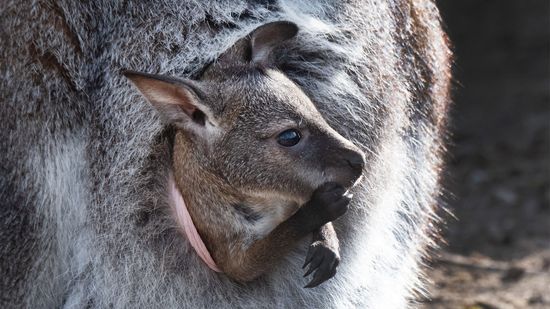
What's It Like Inside a Kangaroo's Pouch?
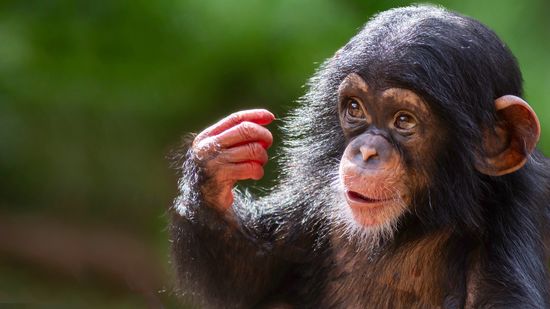
What Is a Group of Apes Called? Not a Troop but a...
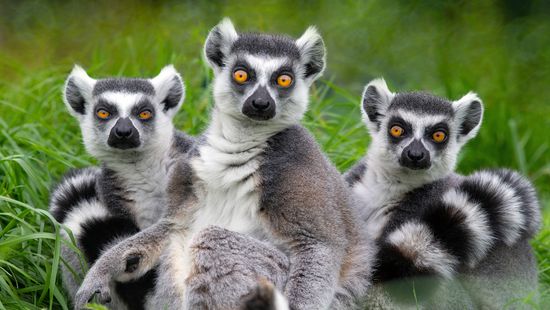
What Is a Group of Lemurs Called? Sounds Highly Suspicious
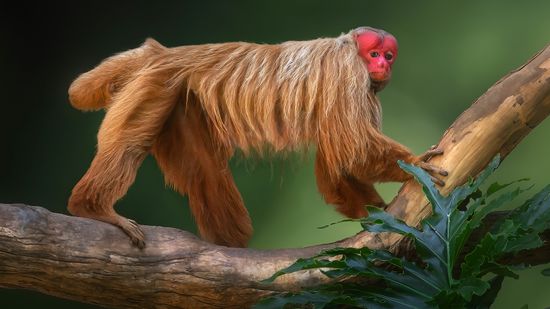
10 'Ugliest' Monkey Species: Unconventional Beauty in Primates
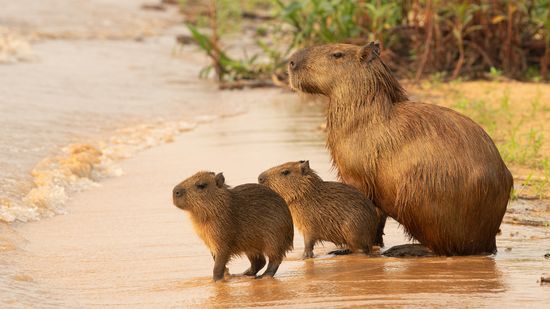
What Is a Group of Capybaras Called? Reminiscent of Cattle
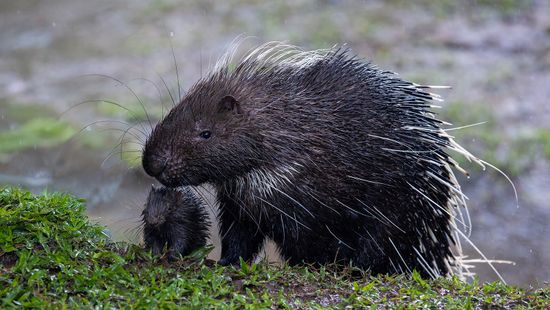
What Is a Group of Porcupines Called? Exactly What It Looks Like
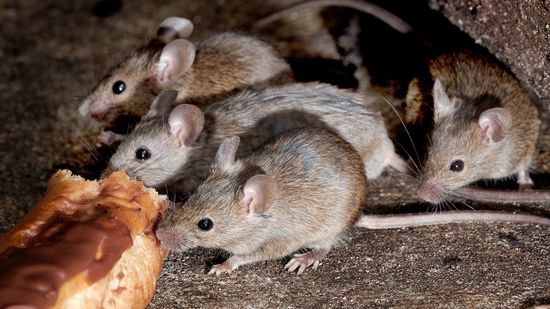
What Is a Group of Mice Called? Not Always a Colony
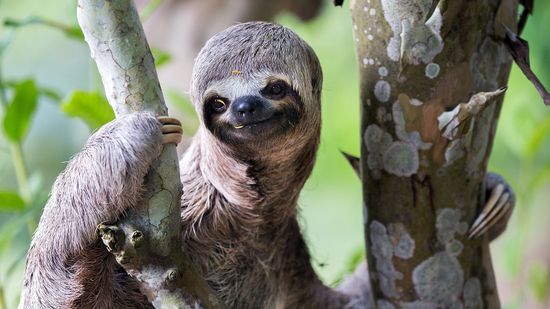
What Is a Group of Sloths Called? It's About as Cuddly As They Are
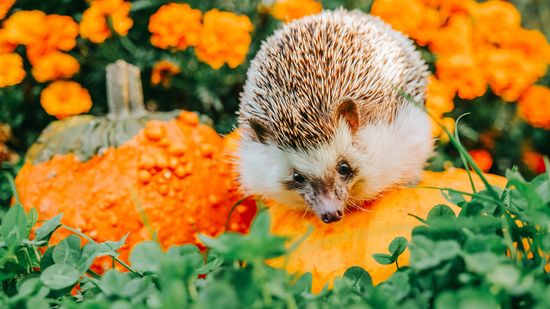
What Is a Group of Hedgehogs Called? It's Adorably Appropriate
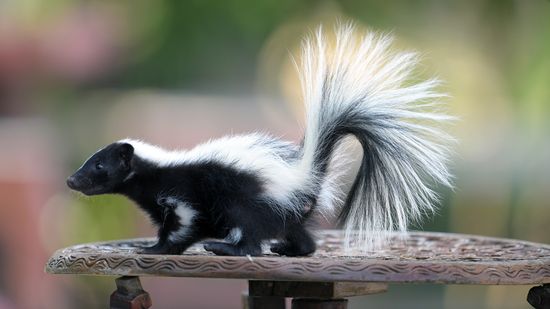
What Is a Group of Skunks Called? Here's Why You've Never Asked Before
Learn More
If you have ever wondered, "What is a group of coyotes called," the answer is: a pack. A group of coyotes is most commonly called a pack.
By Nico Avelle
If you have ever wondered, "What is a group of polar bears called," you are not alone. The short answer: A group of polar bears is called a sleuth. Yes, sleuth—like a detective on the ice.
By Nico Avelle
Leopards are known for their stealth, power and solitary lifestyle. So what is a group of leopards called? These elusive big cats aren’t often spotted in numbers.
By Nico Avelle
Advertisement
They laugh, they hunt, they challenge lions—and they do it all in groups. But what is a group of hyenas called? The answer depends on whether you're talking to a wildlife expert or swapping animal facts with friends.
By Nico Avelle
Capybaras are the world’s largest rodents, known for their laid-back attitude and love of water. But what is a group of capybaras called? Like many social animals, they have a fitting collective noun that reflects how they live and interact in the wild.
By Nico Avelle
If you've ever seen a sloth move, you know they take their time. So it might be surprising to learn there's a collective noun for them at all.
By Nico Avelle
Apes are among the most intelligent animals on Earth, closely related to humans and deeply social in the wild.
By Nico Avelle
Advertisement
Lemurs are social, wide-eyed primates found only on Madagascar and the nearby Comoro Islands. But what is a group of lemurs called?
By Nico Avelle
If you are asking about the country with the most wild tigers, the answer is clear, but the story behind it spans conservation, habitat loss, and decades of recovery work.
By Nico Avelle
Porcupines are solitary animals with a sharp sense of style. If you’ve ever seen more than one hanging around a tree or crossing a trail, you may have wondered, what is a group of porcupines called?
By Nico Avelle
If you've seen a dozen elk grazing across a field or trotting past a fence line, you might have wondered, what is a group of elk called?
By Nico Avelle
Advertisement
Hedgehogs usually live alone, so seeing more than one together feels special. When it happens, English gives that group a very specific word.
By Nico Avelle
Otters are found on every continent except Australia and Antarctica, sliding down muddy banks, cracking shellfish and floating on their backs. People often ask, "What is a group of otters called," because these animals spend so much time together.
By Nico Avelle
Skunks wander through yards, forests and fields across North and South America, usually alone and minding their own business. Since they're largely loners, we wouldn't be surprised if you've never thought to ask, "What is a group of skunks called?"
By Nico Avelle
From the American prairie to the wetlands of Asia and the bush of Africa, buffalo are powerful and iconic animals. But when these creatures band together, what is a group of buffalo called?
By Nico Avelle
Advertisement
You’ve probably seen them in documentaries or breaching the surface near Vancouver Island.
By Nico Avelle
You’ve probably seen them rifling through trash cans or sneaking across your backyard at night. But when you spot more than one, you might wonder, what is a group of raccoons called?
By Nico Avelle
If you’ve ever asked, "What is a group of cows called," you’re not alone. It’s a common question that dips into farming, linguistics, and a bit of trivia.
By Nico Avelle
If you've ever driven past a pasture dotted with woolly creatures and wondered, "What is a group of sheep called," you're not alone.
By Nico Avelle
Advertisement
Where do cows originate from? Oh, so you're ready to dive into the natural history of one of humanity’s most important domesticated animals.
By Nico Avelle
Ever see a bunch of seals lounging on the beach and wonder what to call them? Good news: You're not alone. By asking, "What is a group of seals called", you've walked into a long tradition of humans naming animal collectives in colorful ways.
By Nico Avelle
Where do horses originate from? We don't mean to sound corny, but the answer really does take us on a journey through millions of years of evolution, migration, and domestication.
By Nico Avelle
OK, you asked your friend, "What is a group of ferrets called," and they gave you a ridiculous answer: a business.
By Nico Avelle
Advertisement
Ever hear something rustling in the walls or darting across the floor and wonder what to call more than one mouse?
By Nico Avelle
If you stumble upon a wobbly-legged baby in the woods with big ears and spots on its back, you might wonder, what is a baby deer called?
By Nico Avelle
